Understanding Styrene Acrylate Copolymer and Its Applications
Styrene Acrylate Copolymer (SAC) is a versatile polymer that is widely used in various industries, including paints, adhesives, and paper coatings. SAC is a copolymer of styrene and acrylate, which gives it unique properties and makes it suitable for a wide range of applications.
Chemical Structure and Properties
SAC has a chemical structure that is made up of styrene and acrylate monomers. The styrene monomer provides rigidity and strength to the polymer, while the acrylate monomer provides flexibility and adhesion. The ratio of styrene to acrylate in the copolymer can be adjusted to produce different properties such as hardness, flexibility, and adhesion.
SAC is a water-based polymer, which makes it easy to use and apply. It has good adhesion to a wide range of surfaces, including metal, wood, and plastics. It is also resistant to water, chemicals, and UV radiation, which makes it suitable for outdoor applications.
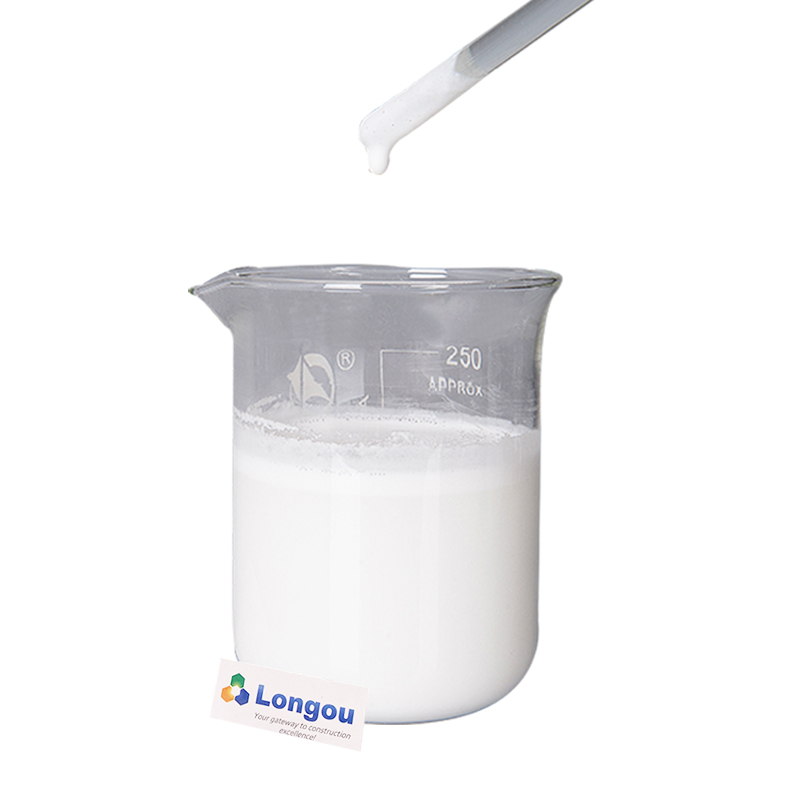
Applications of SAC
SAC is used in a wide range of applications in various industries. Some of the common applications of SAC include:
Paints and Coatings
SAC is used in the production of water-based paints and coatings. It provides good adhesion to various surfaces and improves the durability and resistance to water, chemicals, and UV radiation. SAC is also used in the production of architectural coatings, industrial coatings, and automotive coatings.
Adhesives
Additional resources:What are the advantages of using Polyimide Monomer?
Unlocking the Potential: How Bulk & Fine Chemicals Revolutionize Industries
What is Alkali-Resistant Fiberglass Mesh?
Questions about You Should Know about HPMC
What is Redispersible Polymer Powder, and how is it used?
How is formaldehyde produced in a formaldehyde plant?
Unlocking the Power of HPMC Industrial Grade
SAC is used in the production of water-based adhesives. It provides good adhesion to a wide range of substrates and is suitable for bonding different materials such as wood, metal, and plastics. SAC is also used in the production of pressure-sensitive adhesives, which are used in tapes, labels, and stickers.
Paper Coatings
SAC is used in the production of paper coatings. It provides a smooth and glossy finish to the paper and improves its resistance to water and chemicals. SAC is also used in the production of inkjet paper, which is used in the printing industry.
Textile Coatings
SAC is used in the production of textile coatings. It provides good adhesion to the fabric and improves its resistance to water and chemicals. SAC is also used in the production of textile printing inks, which are used in the printing industry.
Conclusion
Styrene Acrylate Copolymer (SAC) is a versatile polymer that is widely used in various industries. It has unique properties that make it suitable for a wide range of applications such as paints, adhesives, paper coatings, and textile coatings. SAC is a water-based polymer that is easy to use and apply. It provides good adhesion to a wide range of substrates and is resistant to water, chemicals, and UV radiation. With its excellent properties, SAC is expected to have continued growth in its application areas in the future.
What are the advantages of buying 1061604-41-8 in bulk quantities?
The Ultimate Guide to Carpet Latex: Everything You Need to Know
What are the health benefits of HPMC?
How do you dissolve HPMC?
Which S-BPDA offers the best value for B2B purchase?
Ultimate Guide to PVC Powder: Benefits, Uses & Safety Tips
Which Medical Gas Technology Can Revolutionize Singapore's Healthcare?
124
0
0
Related Articles
-
66
0
0
-
75
0
0
-
67
0
0
-
82
0
0
-
84
0
0
-
The Ultimate Guide: Sodium Hydroxide Flakes 99 Price Revealed - Best Deals & Expert Tips!
The Ultimate Guide: Sodium Hydroxide Flakes 99 Price Revealed - Best Deals & Expert Tips!
85
0
0
-
103
0
0
-
77
0
0

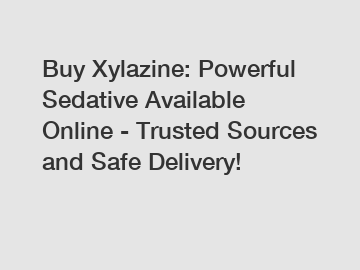
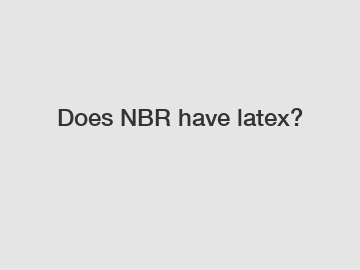

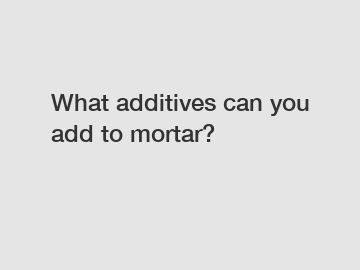
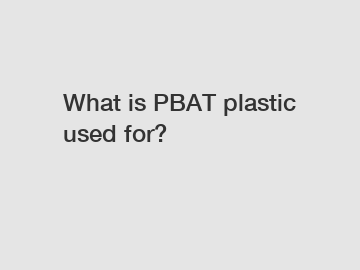


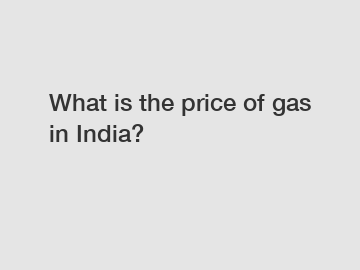
Comments
All Comments (0)